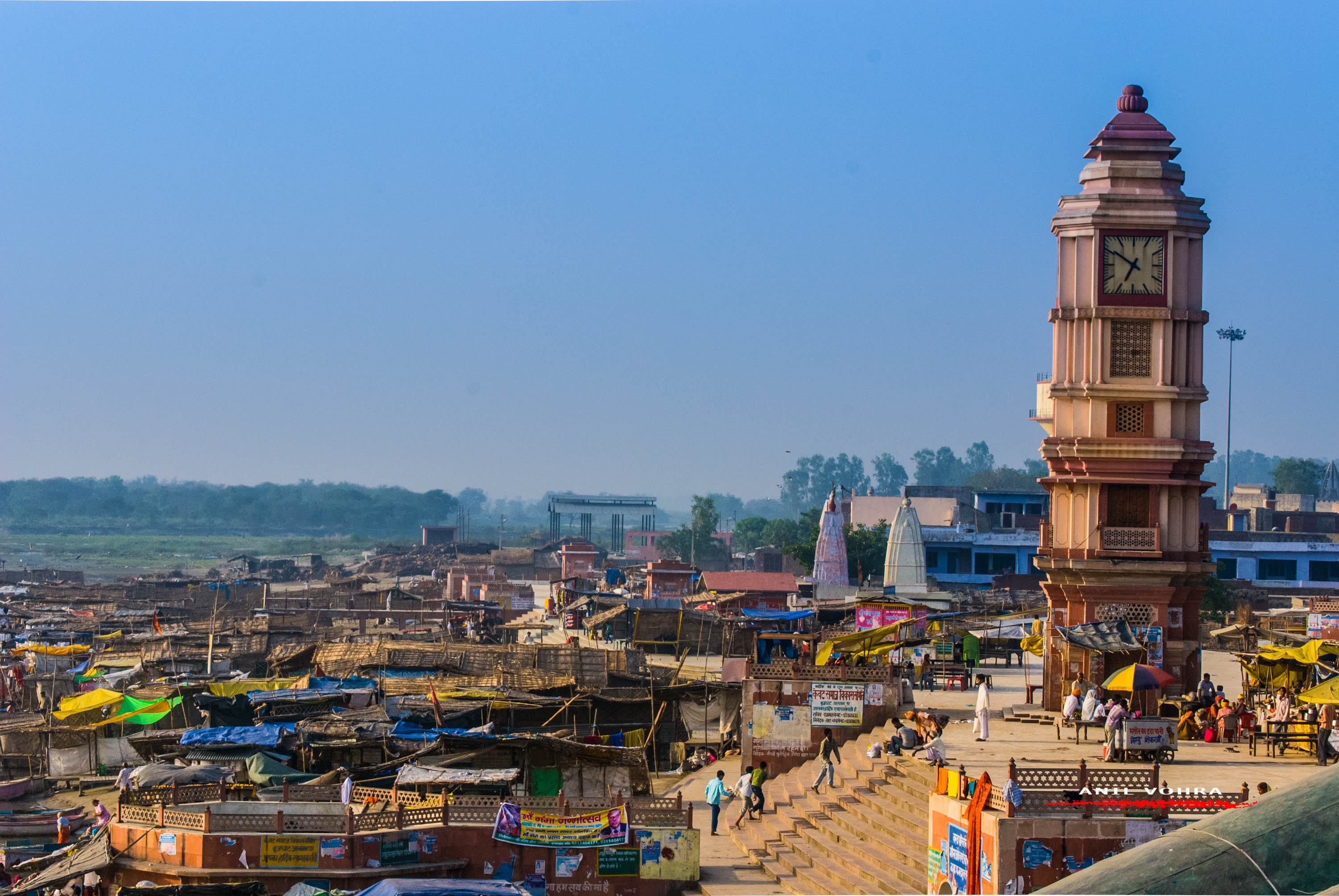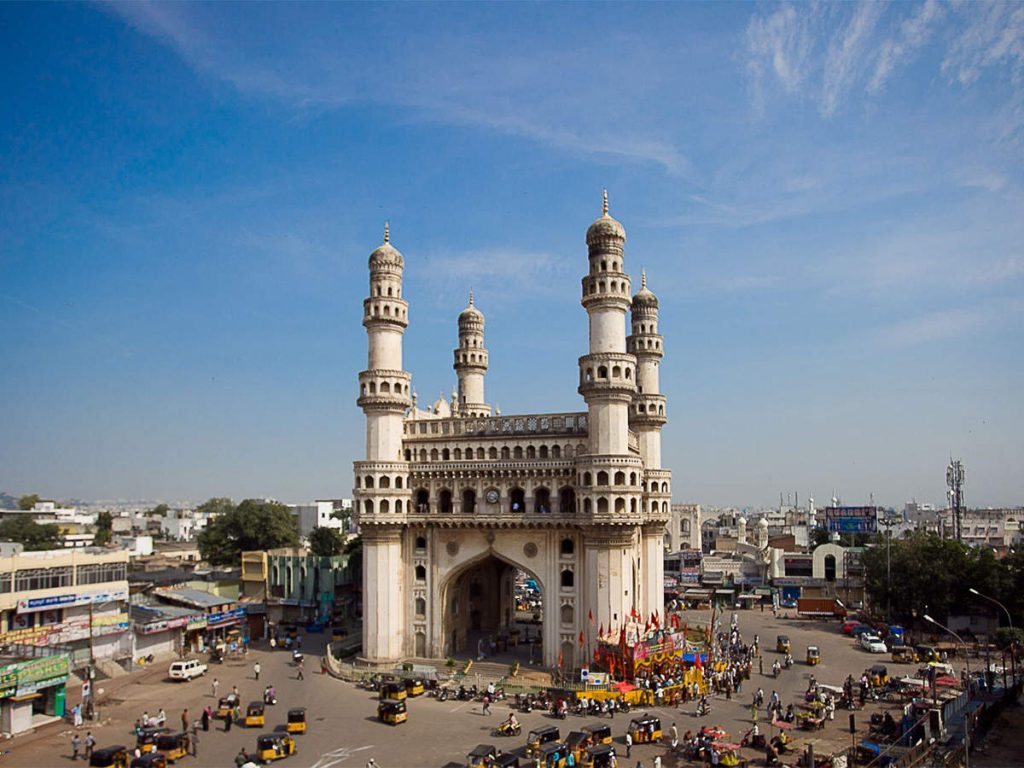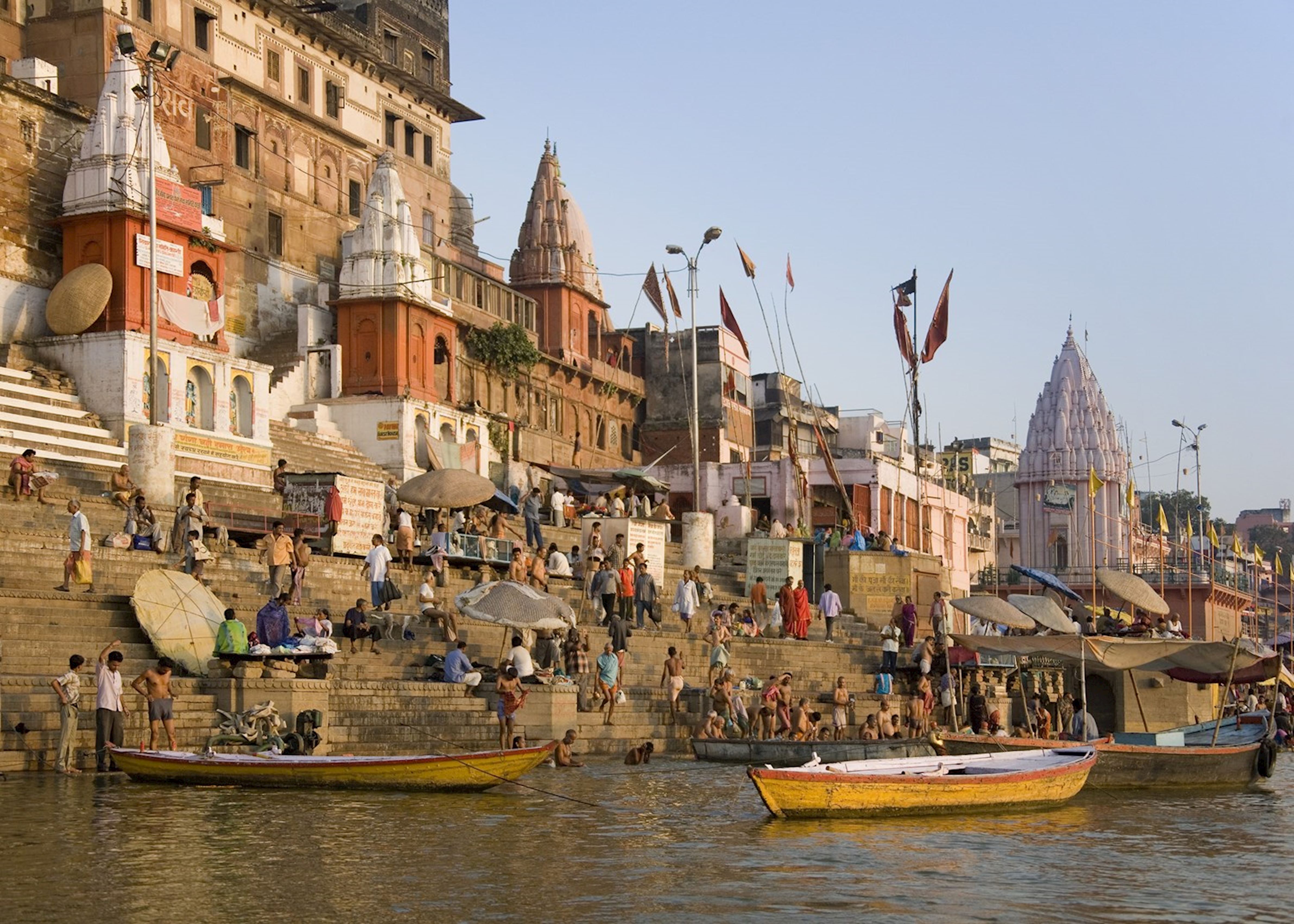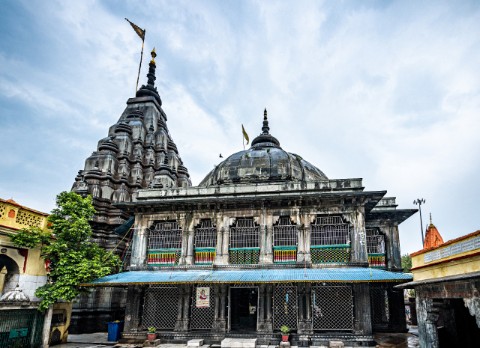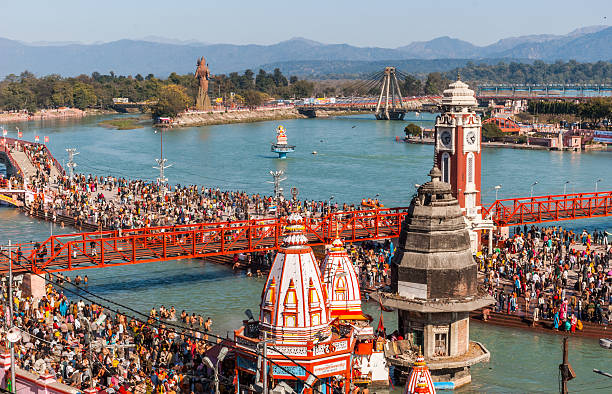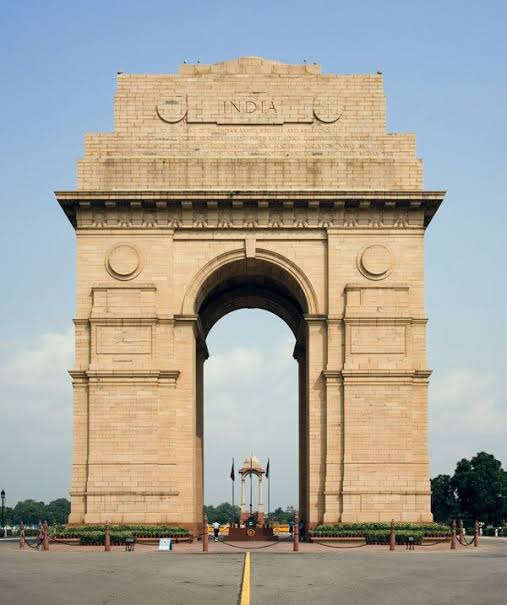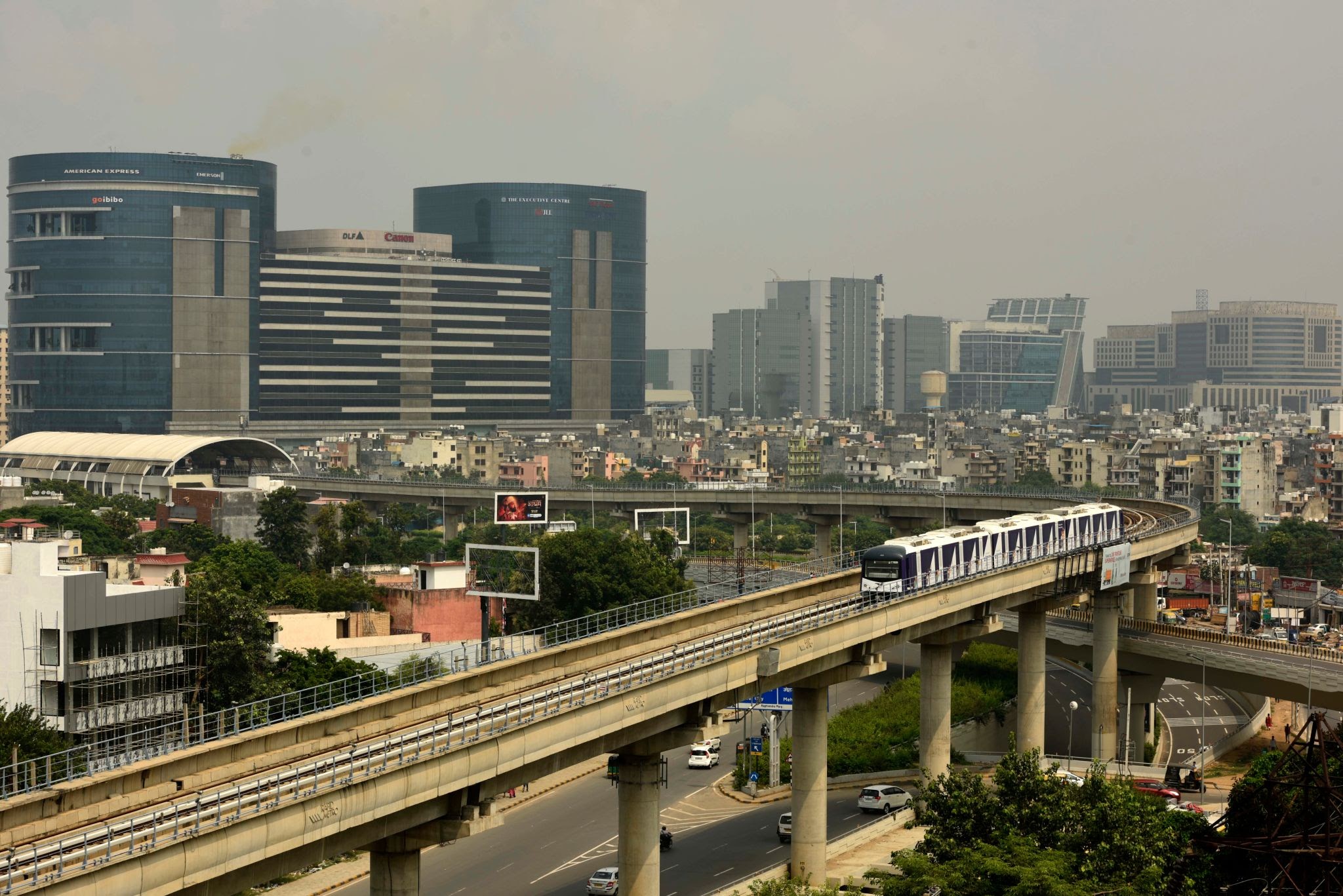Vishwakarma Pooja
Vishwakarma Puja is a Hindu festival dedicated to Vishwakarma, the divine architect and craftsman of the gods. Vishwakarma is revered as the god of architecture, engineering, and all forms of craftsmanship. This festival is especially significant for workers and professionals in fields related to engineering, architecture, manufacturing, and other technical and industrial professions.
Importance
- Worship of the Divine Architect: Vishwakarma is believed to be the creator of the universe and the divine architect who designed the palaces of gods and the weapons used in various mythological battles.
- Celebration of Craftsmanship: The festival honors artisans, craftsmen, engineers, and workers, acknowledging their contributions to society and seeking divine blessings for their skills and tools.
- Prosperity and Success: Vishwakarma Puja is performed to invoke blessings for prosperity, success, and safety in work and business.
Procedure
- Preparation: Clean and decorate the workplace or area where the puja will be performed. Arrange tools, machinery, and instruments to be part of the ritual.
- Sankalp: Make a vow or intention for performing the puja, specifying the purpose, such as seeking blessings for success, safety, and prosperity.
- Invocation: Begin the puja with an invocation of Lord Ganesha, the remover of obstacles, followed by the invocation of Lord Vishwakarma.
- Offering: Offer flowers, fruits, sweets, incense, and other items to the idol or image of Lord Vishwakarma. Special offerings may include tools and equipment used in the respective profession.
- Recitation: Recite prayers, hymns, and mantras dedicated to Lord Vishwakarma. The Vishwakarma Puja Mantra is commonly chanted:
- "Om Aadhaar Shakti Namah, Om Anantaam Namah, Om Vyakta Roopaya Namah, Om Suryaaya Namah, Om Sutaya Namah, Om Bhakta Janapriyaaya Namah."
- Aarti: Perform the aarti, a ritual of waving a lit lamp in front of the deity, while singing devotional songs.
- Prasad: Distribute prasad (blessed food) among participants. This typically includes sweets and fruits.
- Special Rituals: In some traditions, tools and machinery are worshipped, and no work involving them is performed on this day as a mark of respect.
Benefits
- Divine Blessings: Invokes the blessings of Lord Vishwakarma for success, prosperity, and safety in professional and industrial endeavors.
- Skill Enhancement: Seeks divine guidance for enhancing skills and craftsmanship.
- Workplace Harmony: Promotes harmony, safety, and productivity in the workplace.
- Prosperity and Growth: Attracts prosperity, growth, and overall well-being in business and professional life.
Celebration
- Industrial and Technical Sectors: The festival is widely celebrated in factories, workshops, and industries, especially those related to engineering, construction, and manufacturing.
- Community Participation: It is common for entire communities of workers, engineers, architects, and artisans to come together to celebrate the festival.
- Cultural Programs: Various cultural programs, feasts, and community gatherings are organized to mark the occasion.
Vishwakarma Puja is a festival that not only honors the divine architect but also celebrates the spirit of creativity, innovation, and hard work that drives progress and development in society.
Pandit for Vishwakarma Pooja
Data Not Found
Pooja's FAQ
Certainly, you have the flexibility to alter the date and time of the pooja. Kindly get in touch with POOJAT customer care for coordination.
Feel free to contact the pandit ji for guidance on samagri and other arrangements by making a call.
: Vishwakarma Puja is a Hindu festival dedicated to Lord Vishwakarma, the divine architect and craftsman. It is observed to honor the creator of tools, machines, and technology.
Vishwakarma Puja is usually celebrated on the last day of the Bengali month of Bhadra (around mid-September) or on the day following Diwali, depending on regional traditions. It is observed in various parts of India and among specific communities involved in craftsmanship and industrial work.
Vishwakarma Puja is performed to seek the blessings of Lord Vishwakarma for success, prosperity, and safety in craftsmanship and industrial activities. It is believed to bring good fortune to businesses, factories, and workshops.
The celebration involves the worship of Lord Vishwakarma and the tools of trade. People clean and decorate their workplaces, machinery, and tools. Special prayers, aarti (ritual of waving lights), and offerings are made to seek the divine blessings for a fruitful and safe year ahead.
The items required for Vishwakarma Puja include images or idols of Lord Vishwakarma, tools, machinery, flowers, fruits, incense, lamps, and traditional puja items. Offerings may also include sweets and prasad.
Performing Vishwakarma Puja is believed to bring blessings for success, prosperity, and safety in craftsmanship and industrial work. It is thought to ensure the smooth functioning of tools and machinery, fostering a positive and conducive work environment.
Common rituals include cleaning and decorating workplaces, machinery, and tools. Special pujas are performed with the recitation of Vishwakarma mantras, and traditional aarti is offered. Distribution of prasad and sweets is also a common custom during the celebrations.









